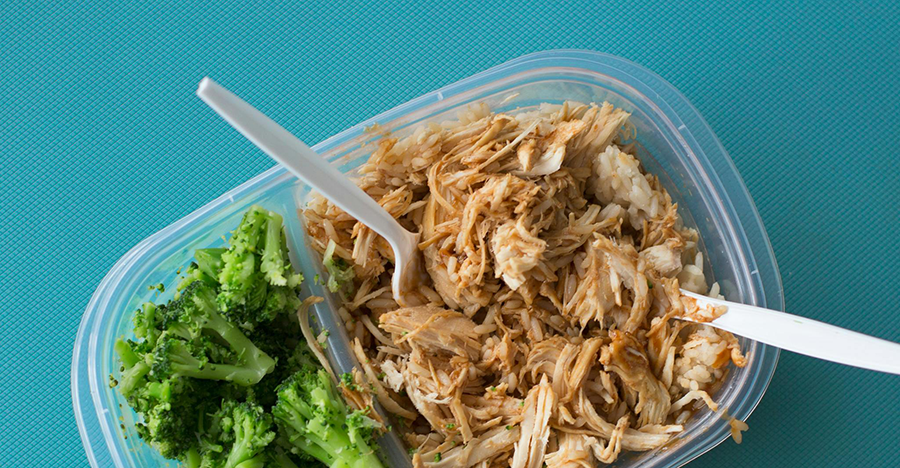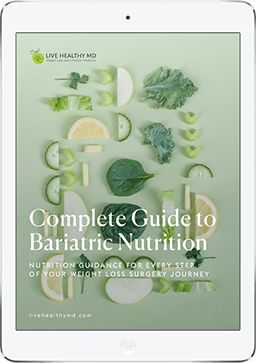
Navigating a busy schedule often means that cooking can feel like a tiresome task at the day's end. For those adjusting to life post-bariatric surgery, meal preparation is a key strategy to manage this challenge, ensuring that making healthy dietary choices doesn’t become an overwhelming burden. This article aims to provide useful tips on meal prepping with a busy schedule so you can ensure you are meeting your health goals after bariatric surgery.
10 Effective Strategies for Meal Prepping With a Busy Schedule
1. Craft a Weekly Meal Plan
Begin your meal prep journey by creating a weekly meal plan. This serves as your shopping guide, ensuring you purchase just what you need for the week's meals. Additionally, this planning step allows you to align your meals with the nutritional requirements recommended post-bariatric surgery.
2. Determine Meal Portions
After setting your weekly menu, decide on the portion sizes. Consider whether you’re preparing meals for just yourself or for your family, and whether you’re including all meals and snacks. This helps in determining the quantity of groceries required.
3. Diversify Your Dishes
To avoid monotony, try to diversify your dishes. For example, cook a large batch of chicken and vegetables, and then vary the meal by adding different bases or dressings. This not only saves time but also keeps your meals interesting.
4. Cook in Batches
Batch cooking is a time-saver for those with tight schedules. You can roast different foods on the same tray, like vegetables on one side and potatoes on the other, to expedite both cooking and cleaning.
5. Stock Essential Pantry Items
Keep your pantry stocked with essentials to simplify your meal prep. These staples can be mixed into meals throughout the week. Some key items include canned beans, tuna, broths, frozen vegetables and fruits, whole grains, and basic seasonings like olive oil.
6. Slightly Undercook Meals
To ensure your reheated meals retain their texture and taste, slightly undercook them initially. However, always check that meats reach a safe temperature before consumption.
7. Opt for Pre-prepared Meals When Necessary
For those ultra-busy days, don’t hesitate to use pre-prepared meals. Choose options with a good protein-to-carb balance, and check for added preservatives, sugars, and salt. Frozen vegetables and meats can be good choices.
8. Plan Your Snacks
Don’t neglect snacks in your meal prep. Planning healthy snacks like hard-boiled eggs, vegetable sticks with dips, or low-carb dairy options can prevent impulsive, unhealthy snacking.
9. Invest in Helpful Kitchen Gadgets
Having the right kitchen tools can streamline meal prep. Consider investing in good quality meal prep containers, and appliances like a pressure cooker, which can greatly reduce cooking time.
10. Utilize Your Freezer
If you end up with excess food, freezing your leftovers is a great option. While most foods last a few days in the fridge, they can last much longer in the freezer.
By following these strategies for meal prepping with a busy schedule, you can manage your diet more effectively, even with a busy lifestyle, especially after undergoing bariatric surgery. The key is to plan ahead and make smart choices that cater to your health and schedule.












